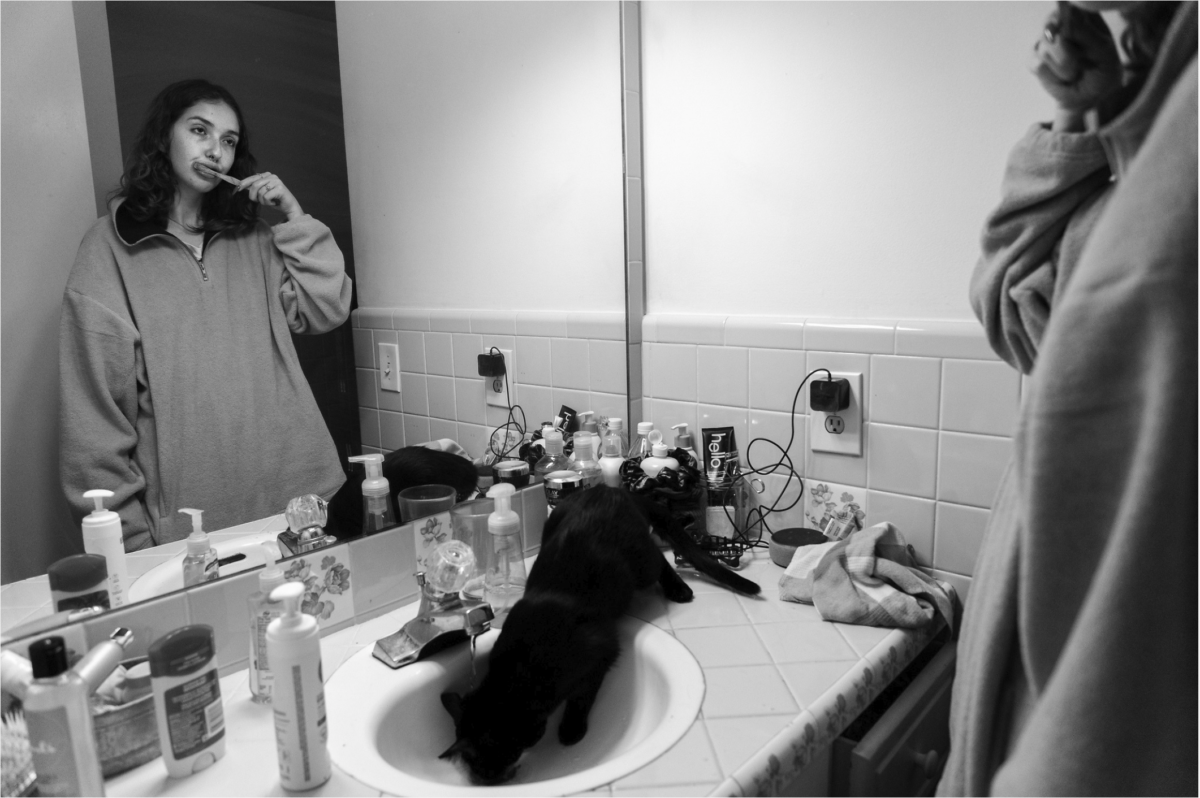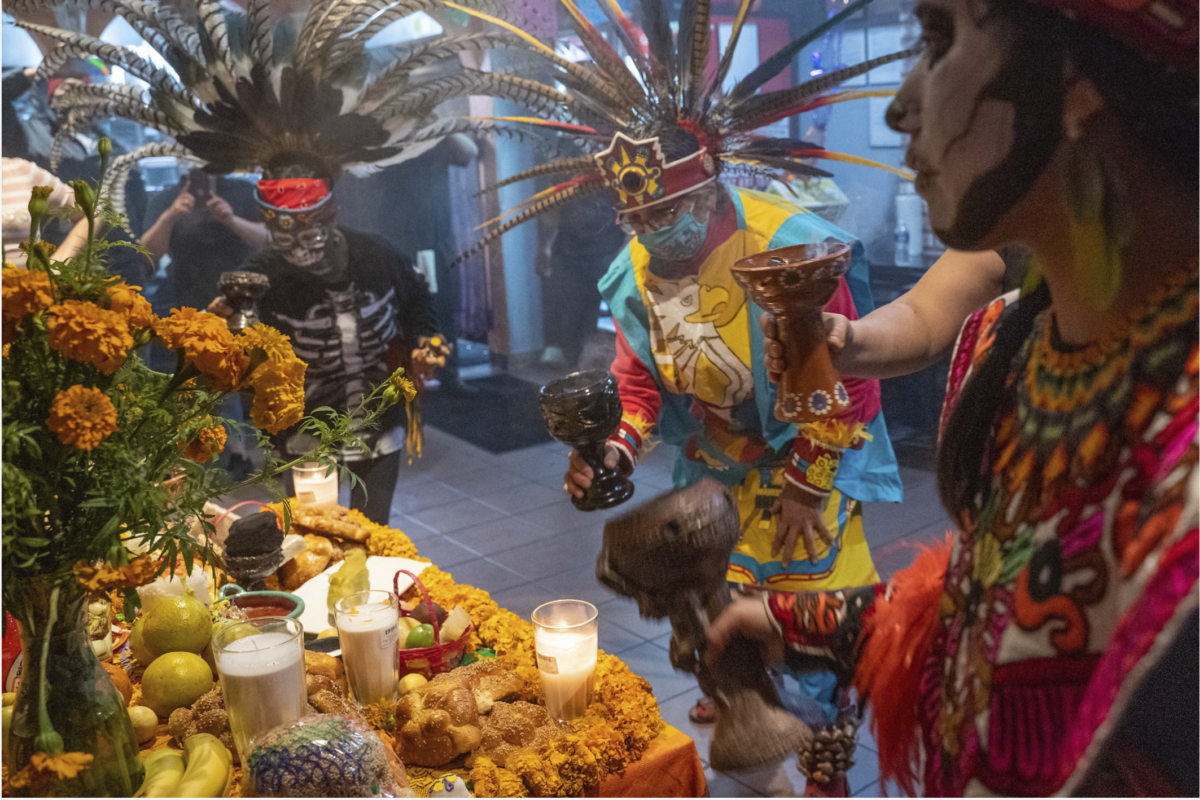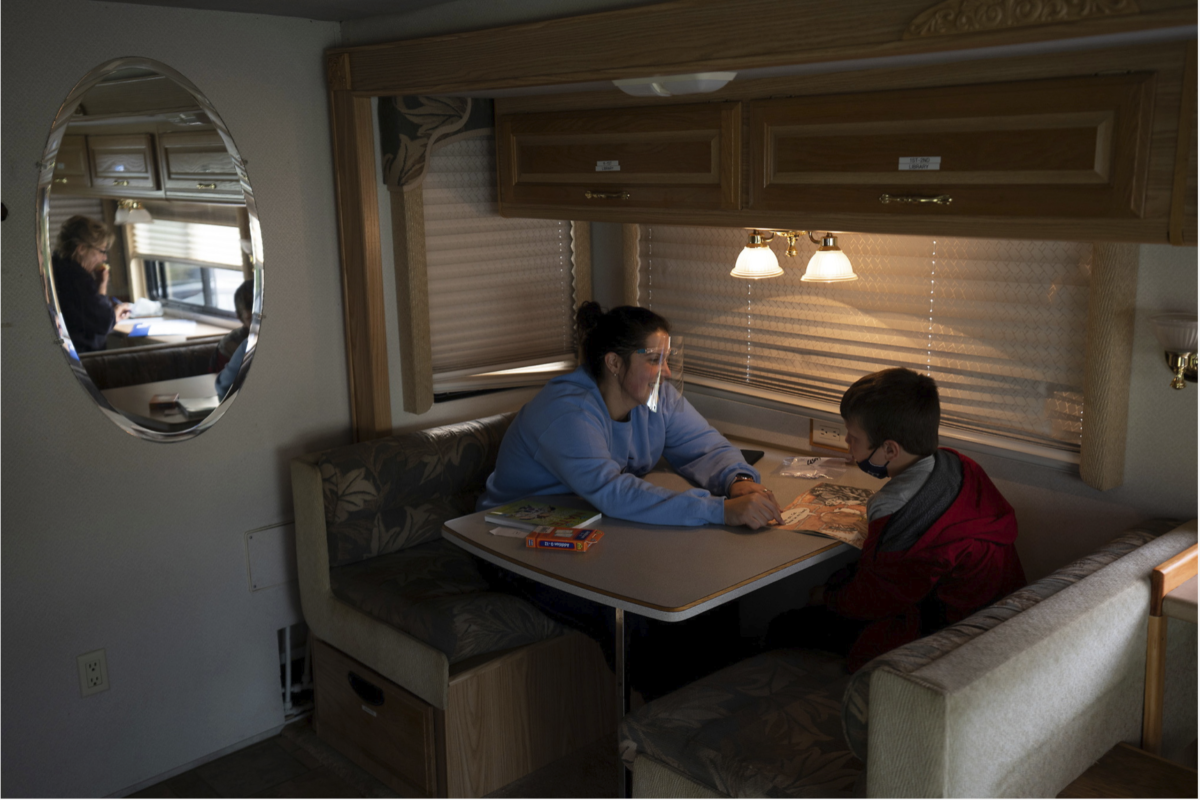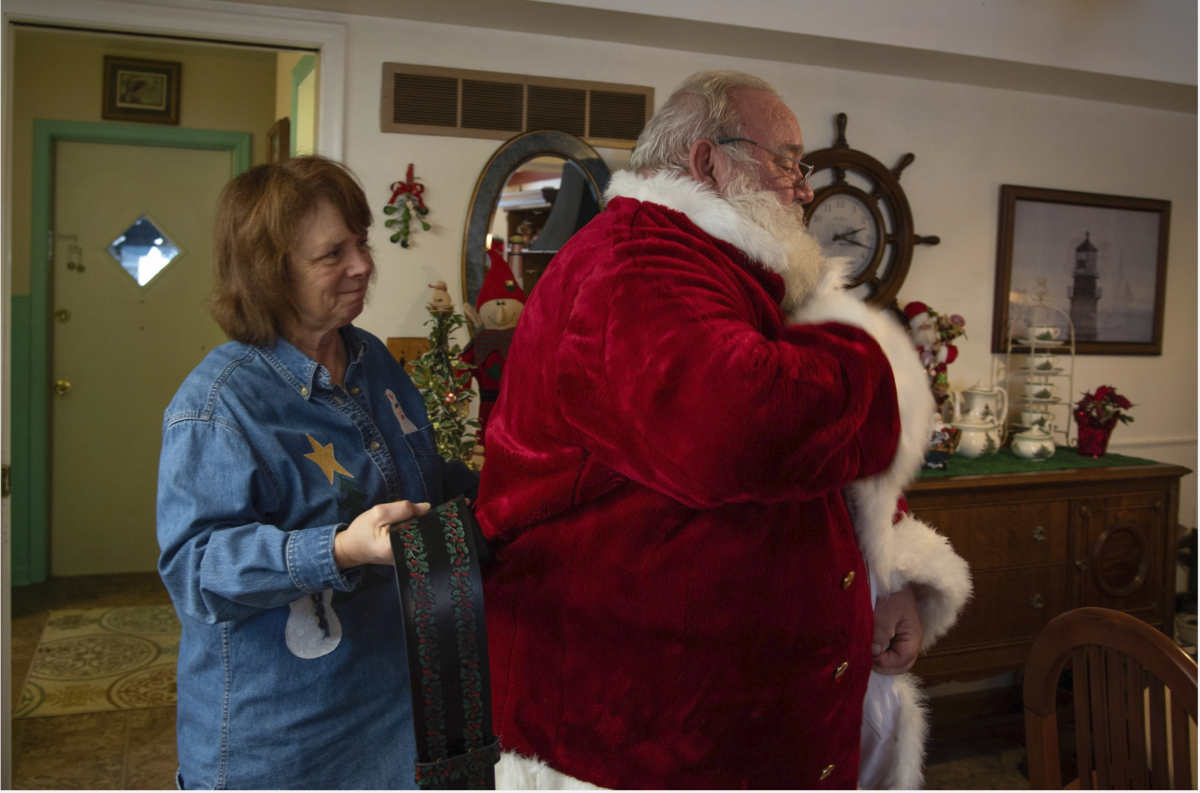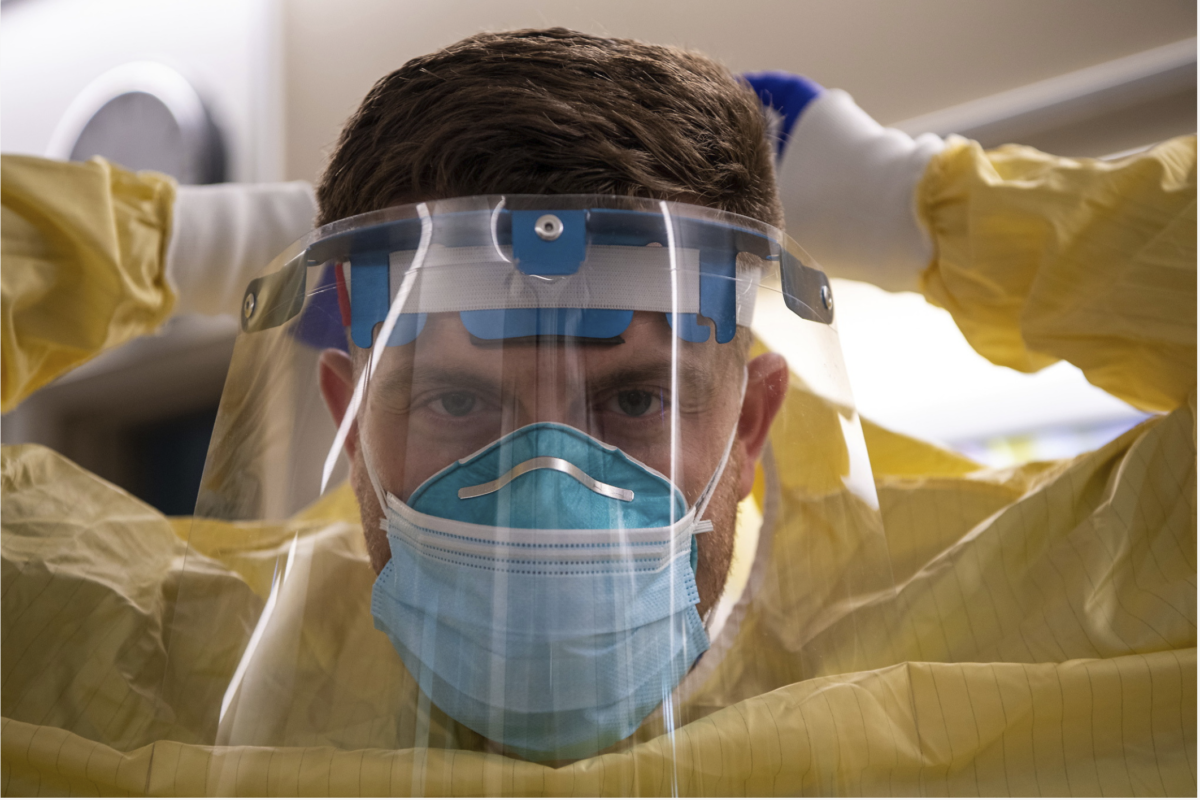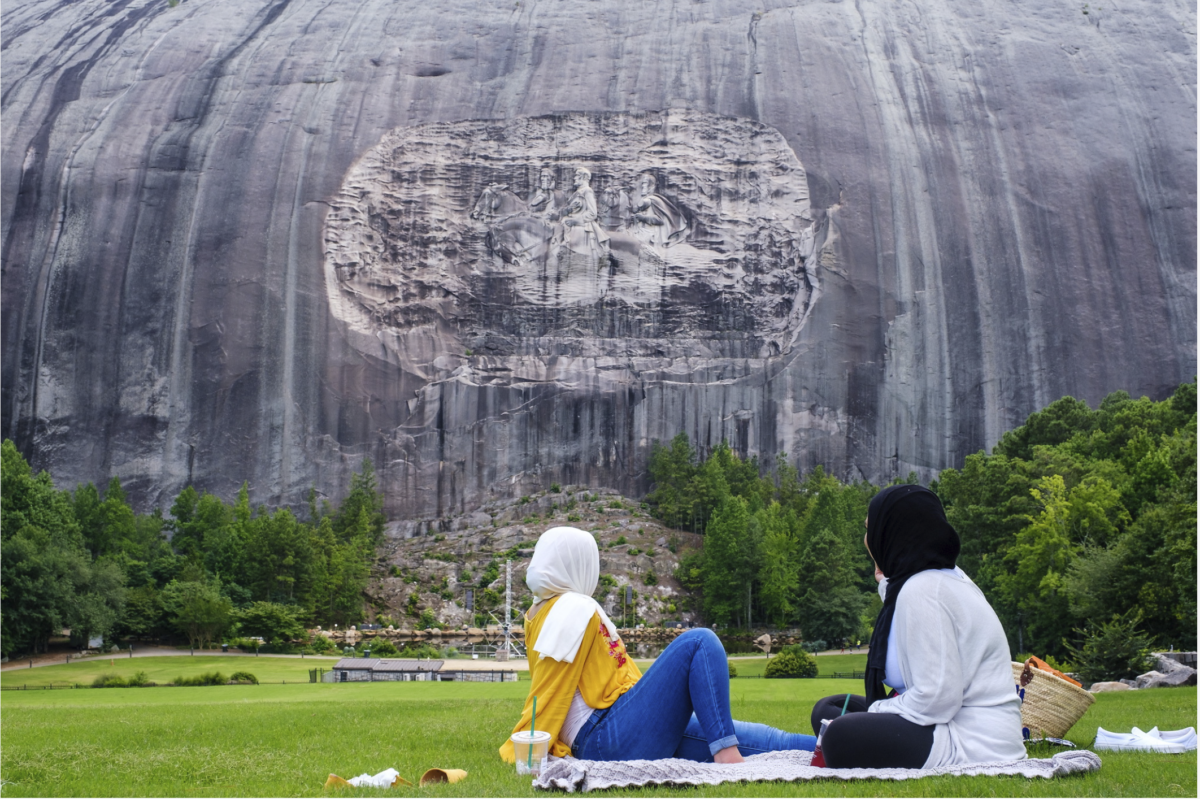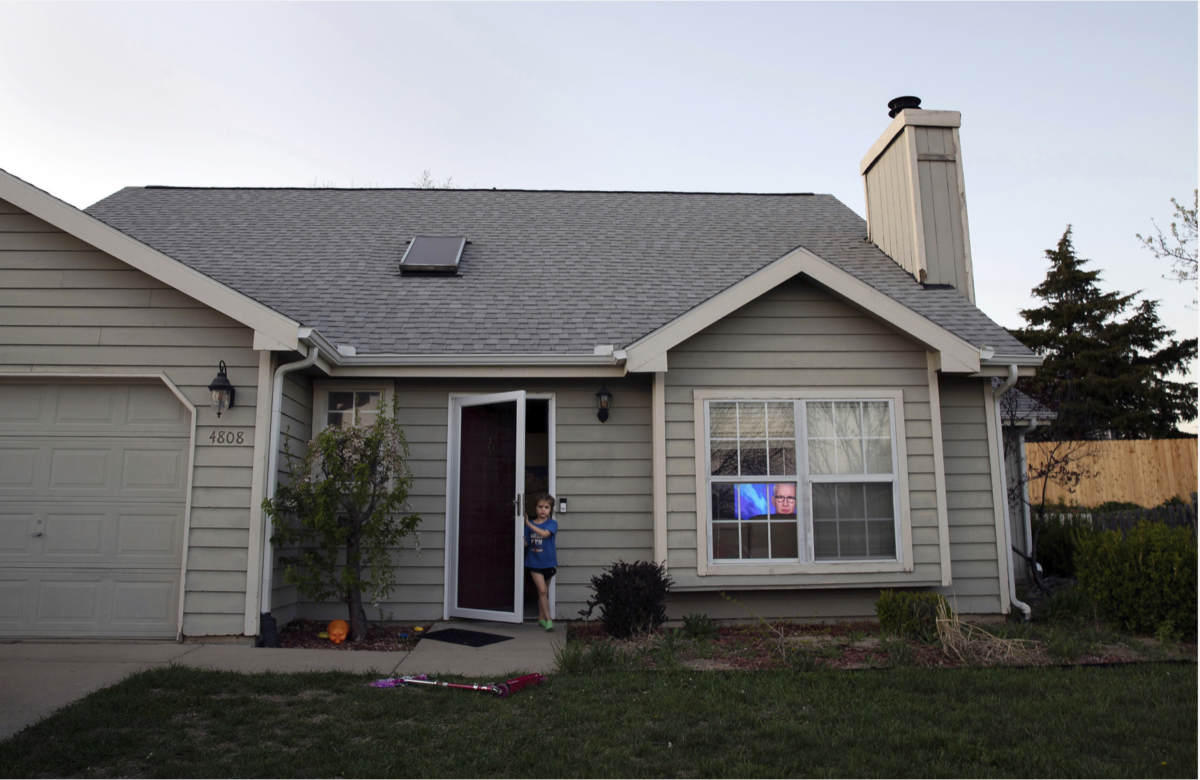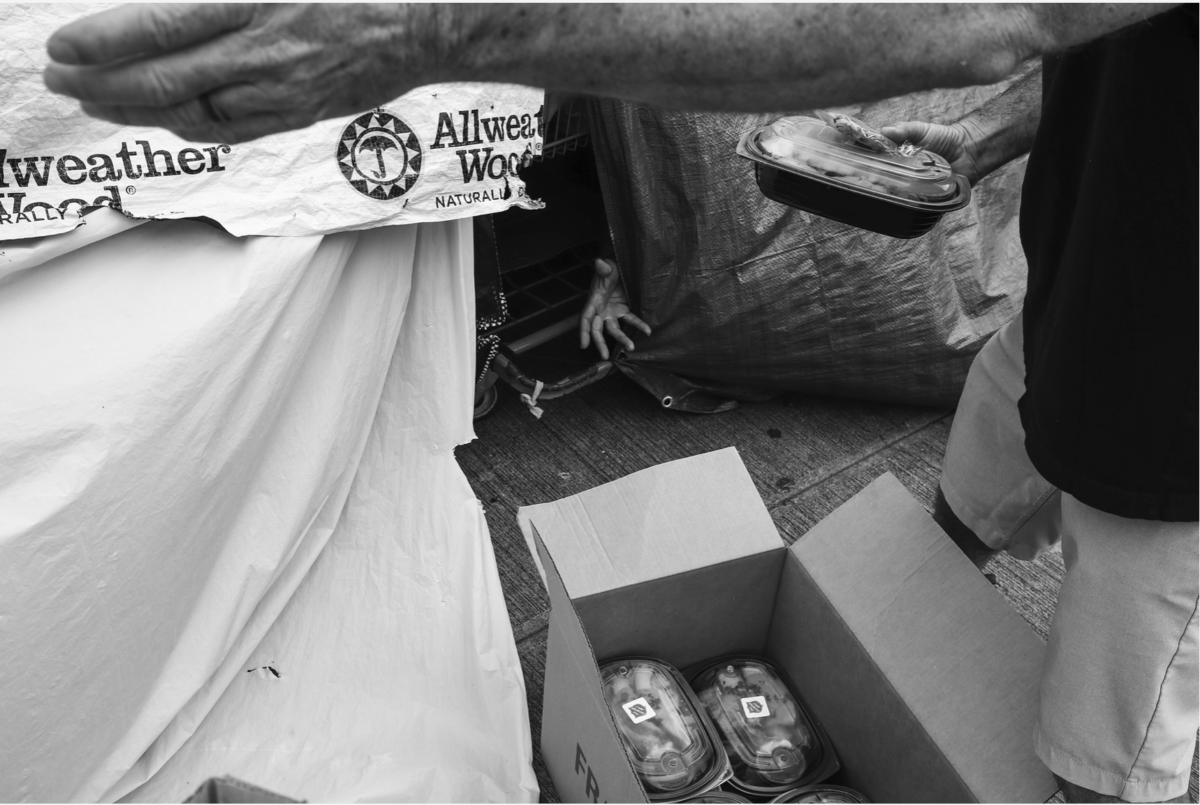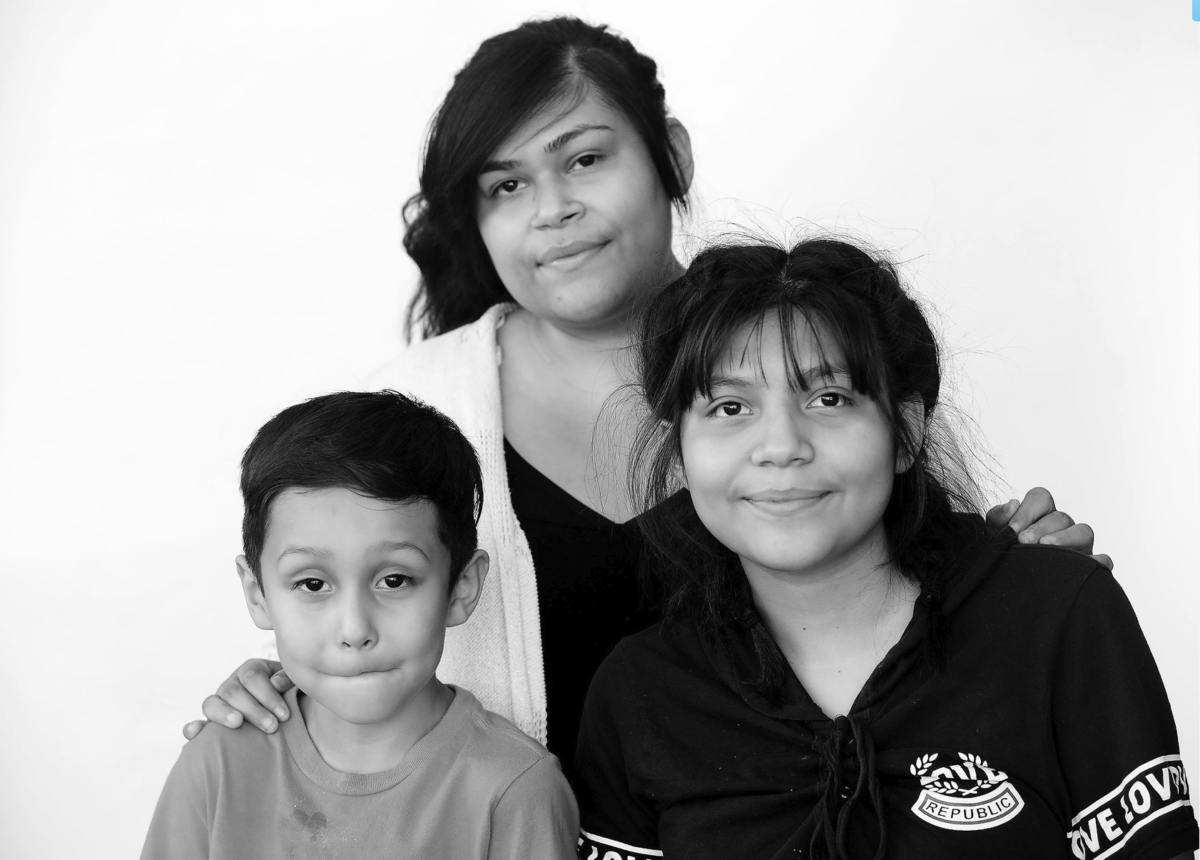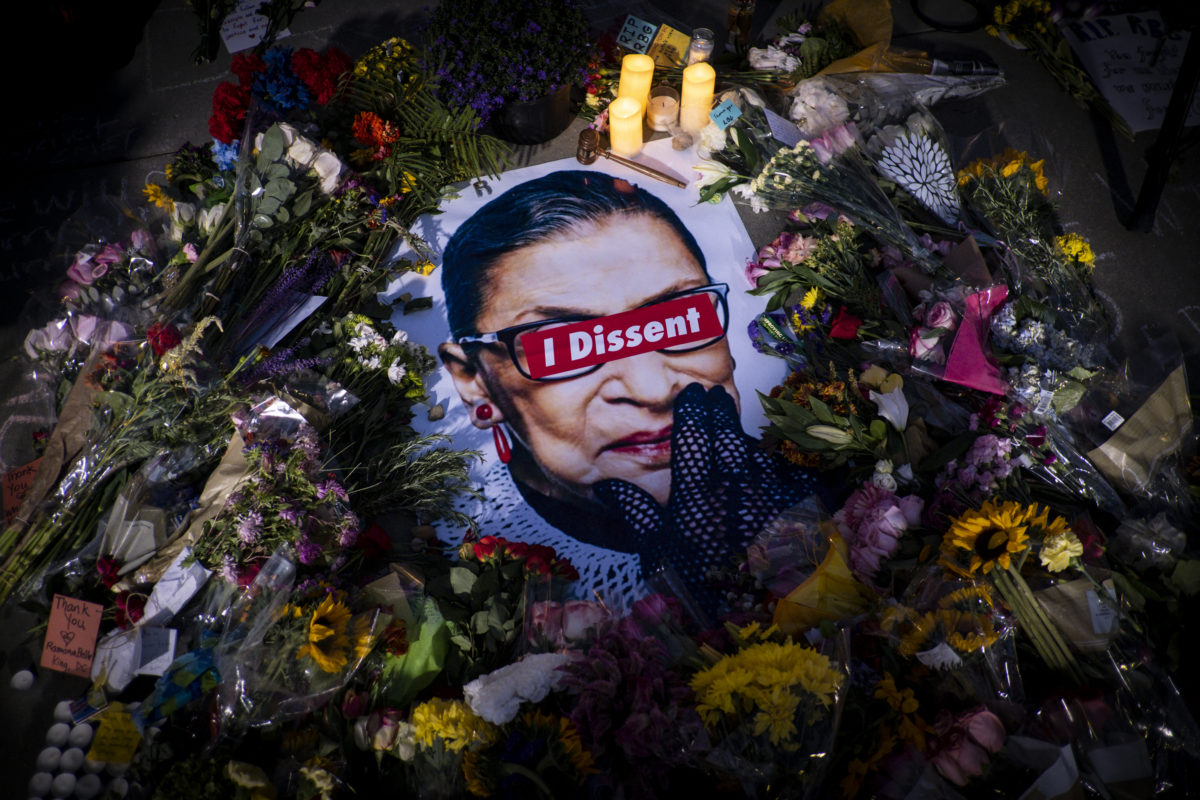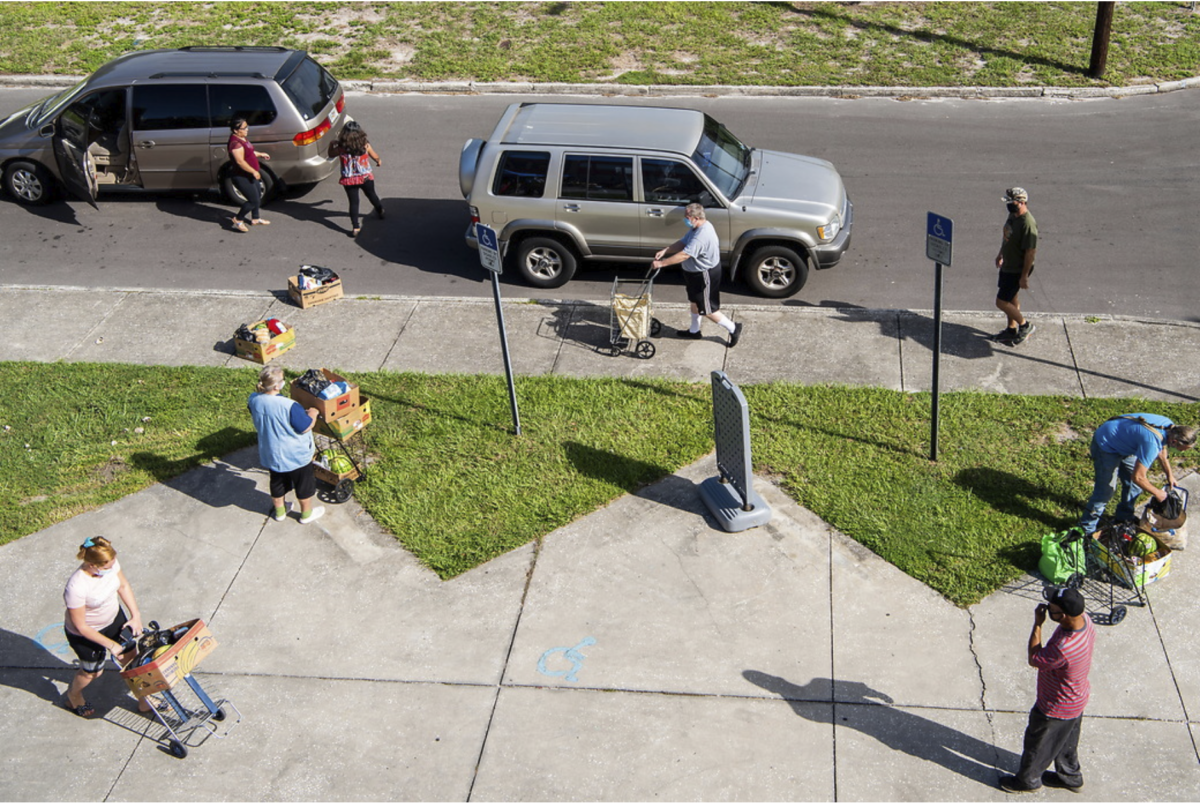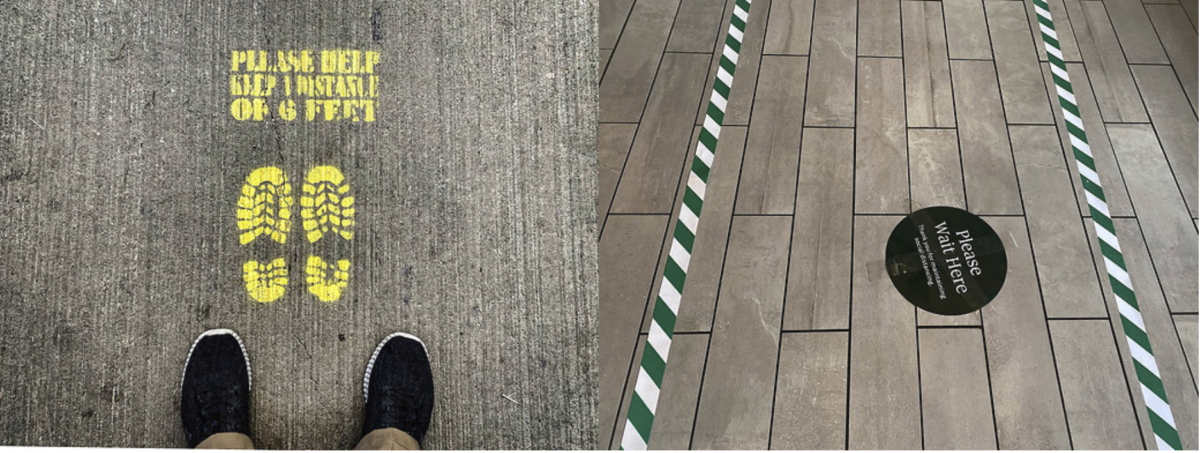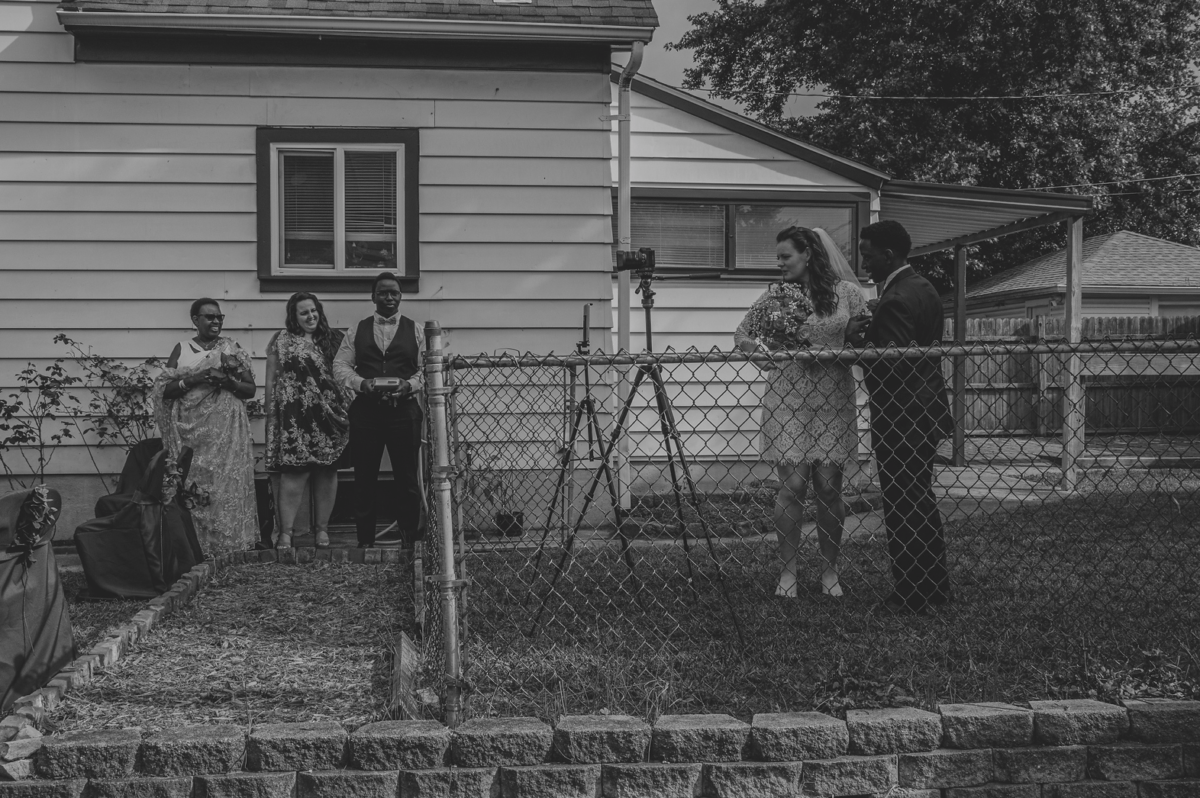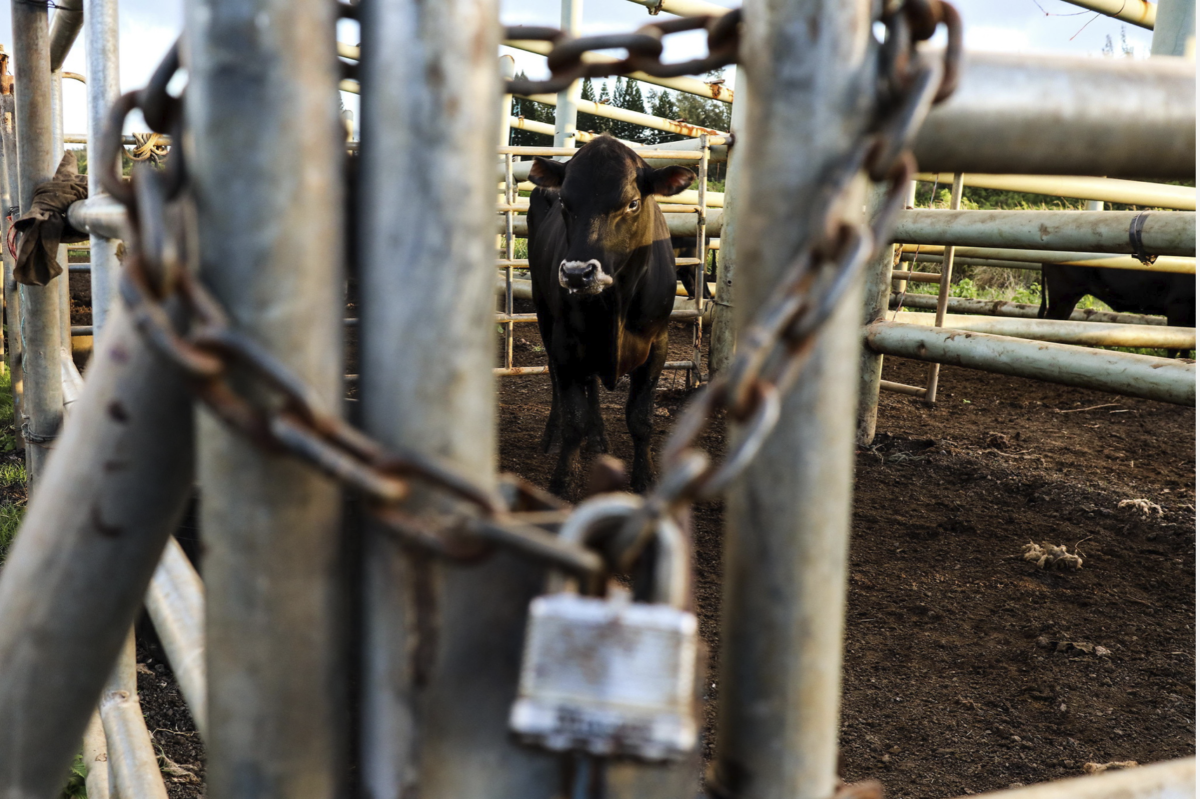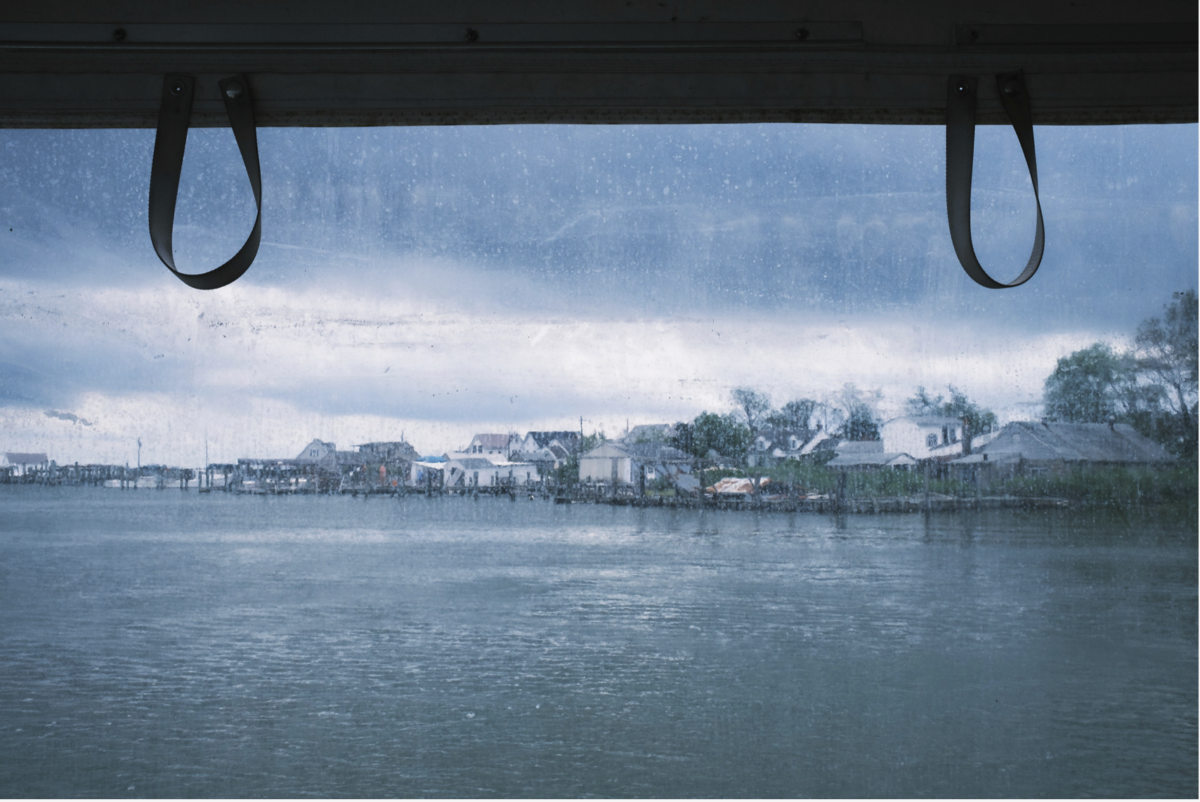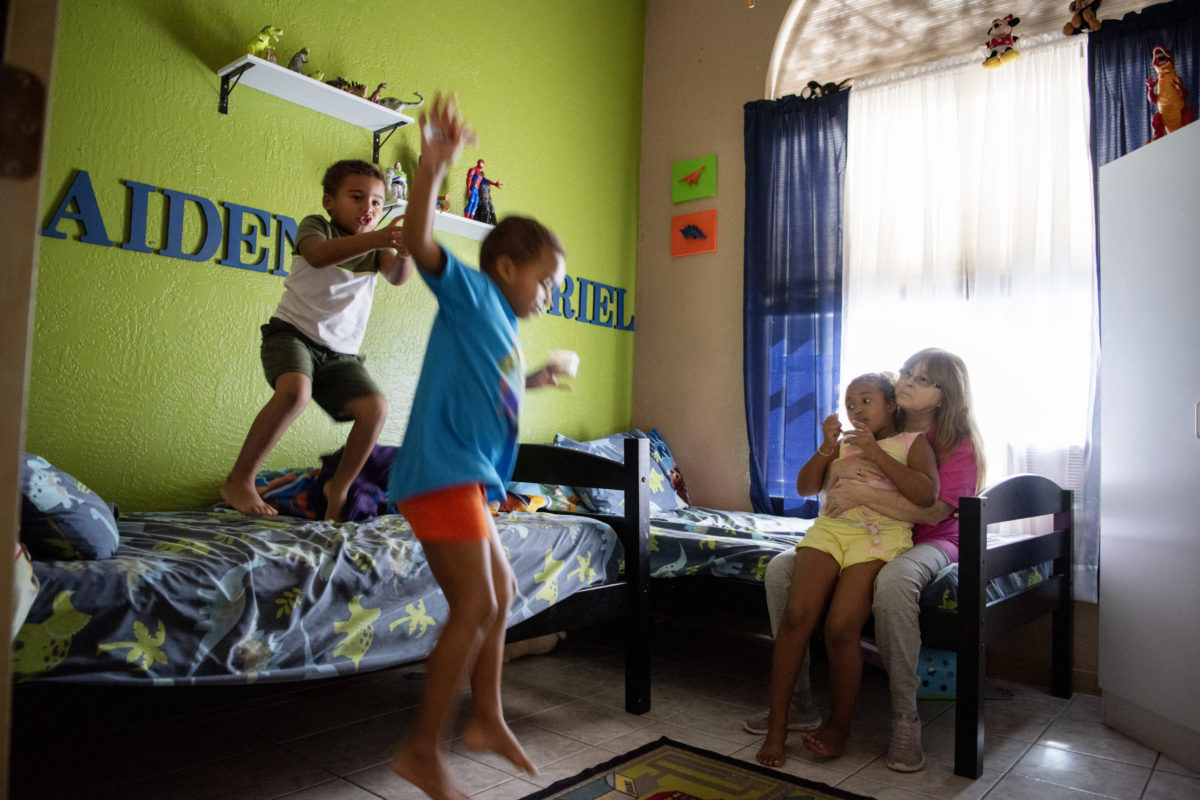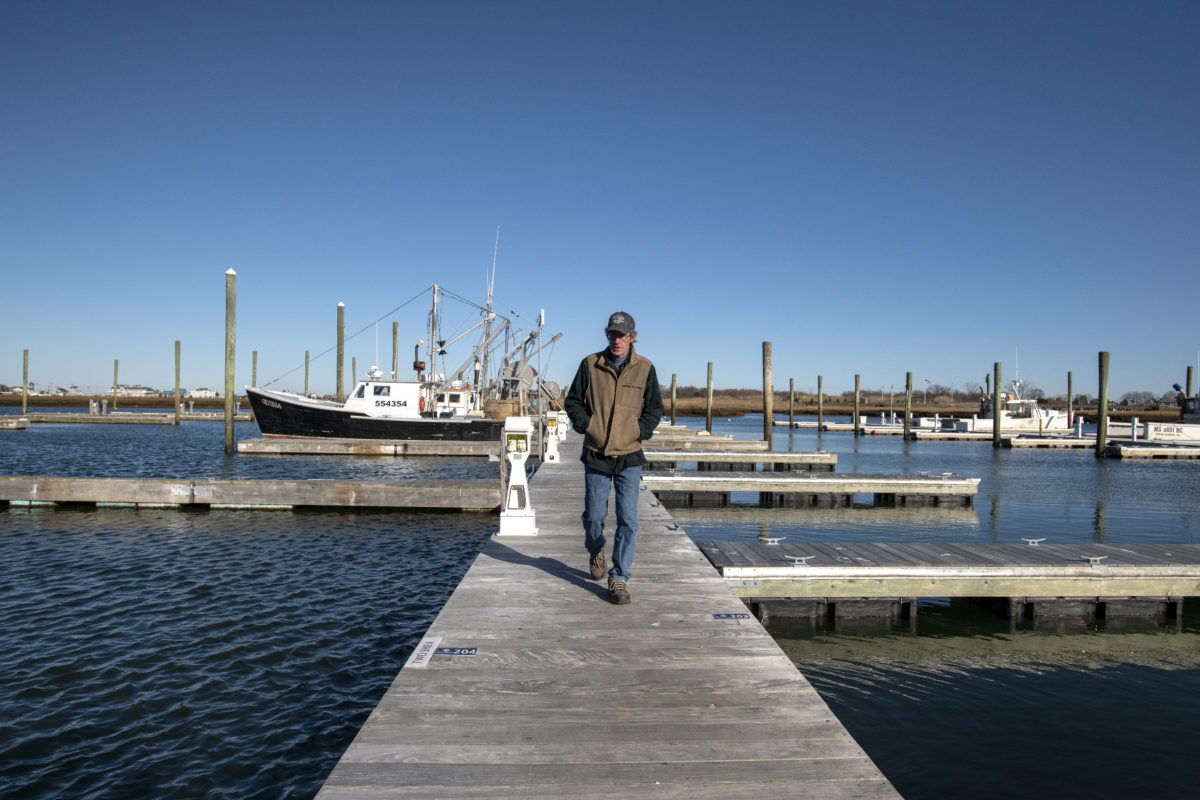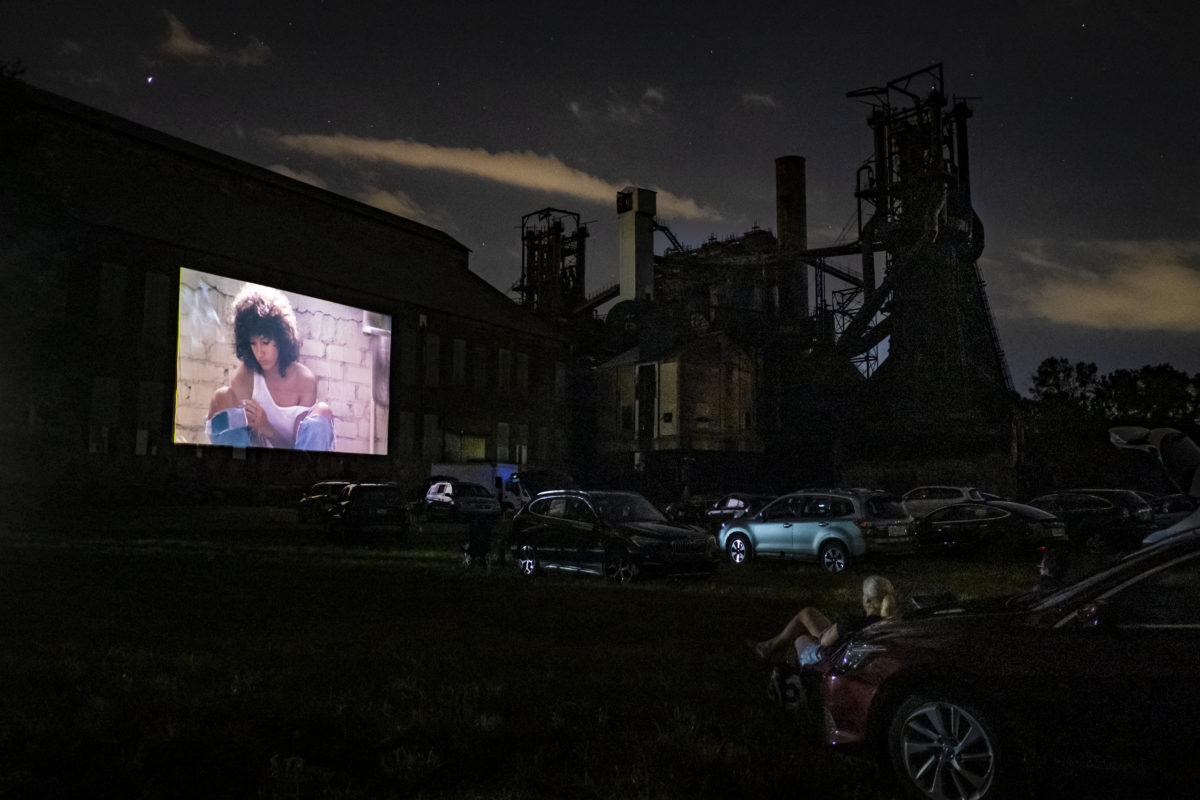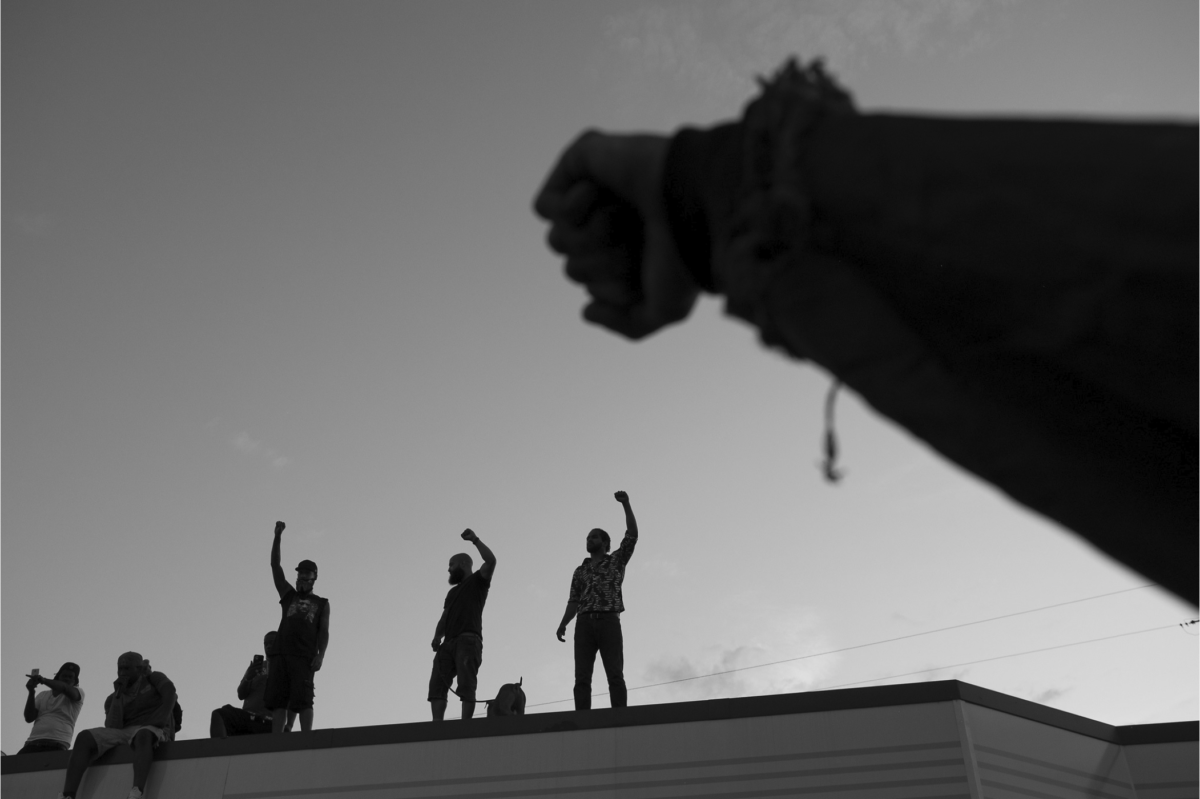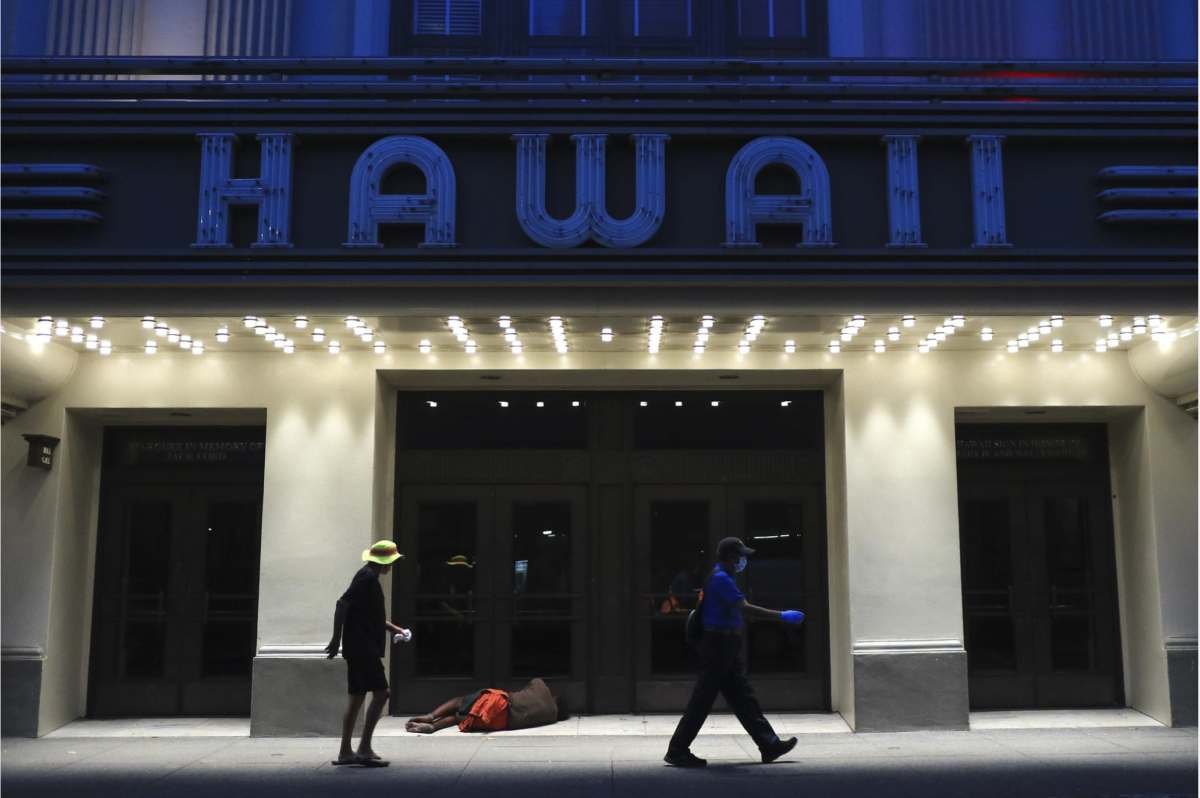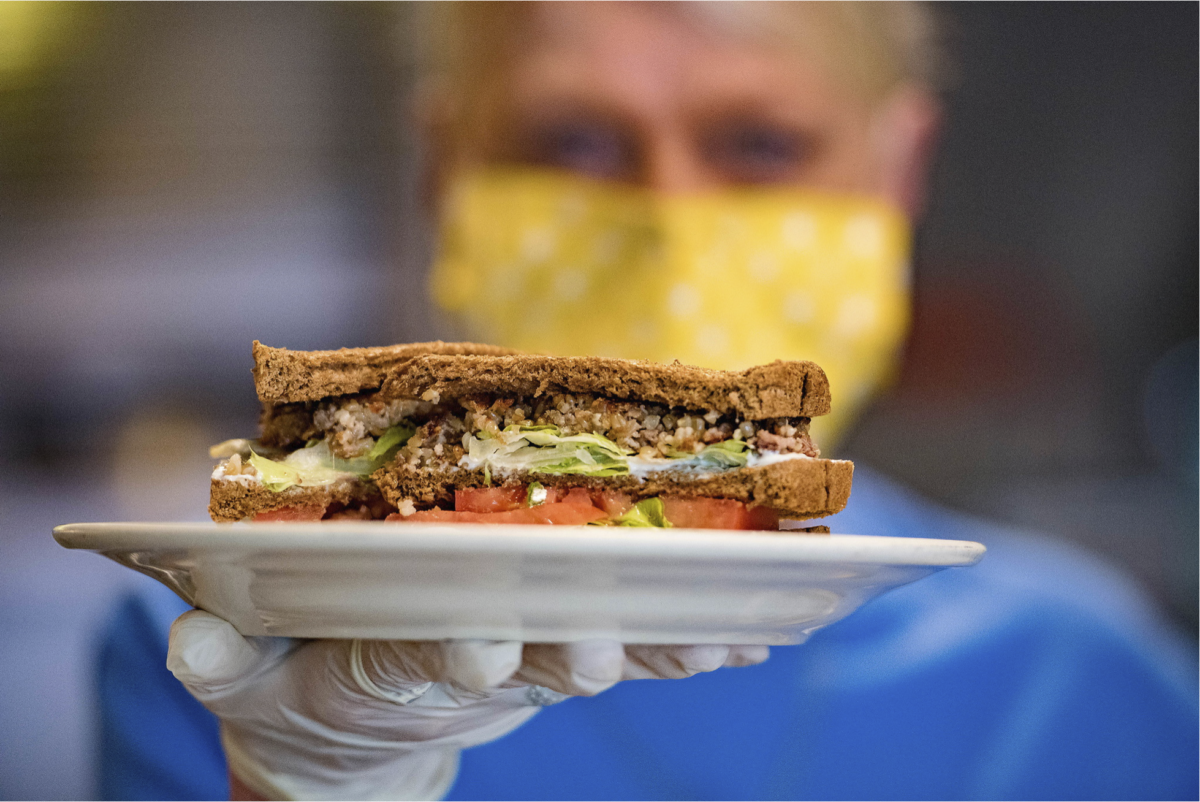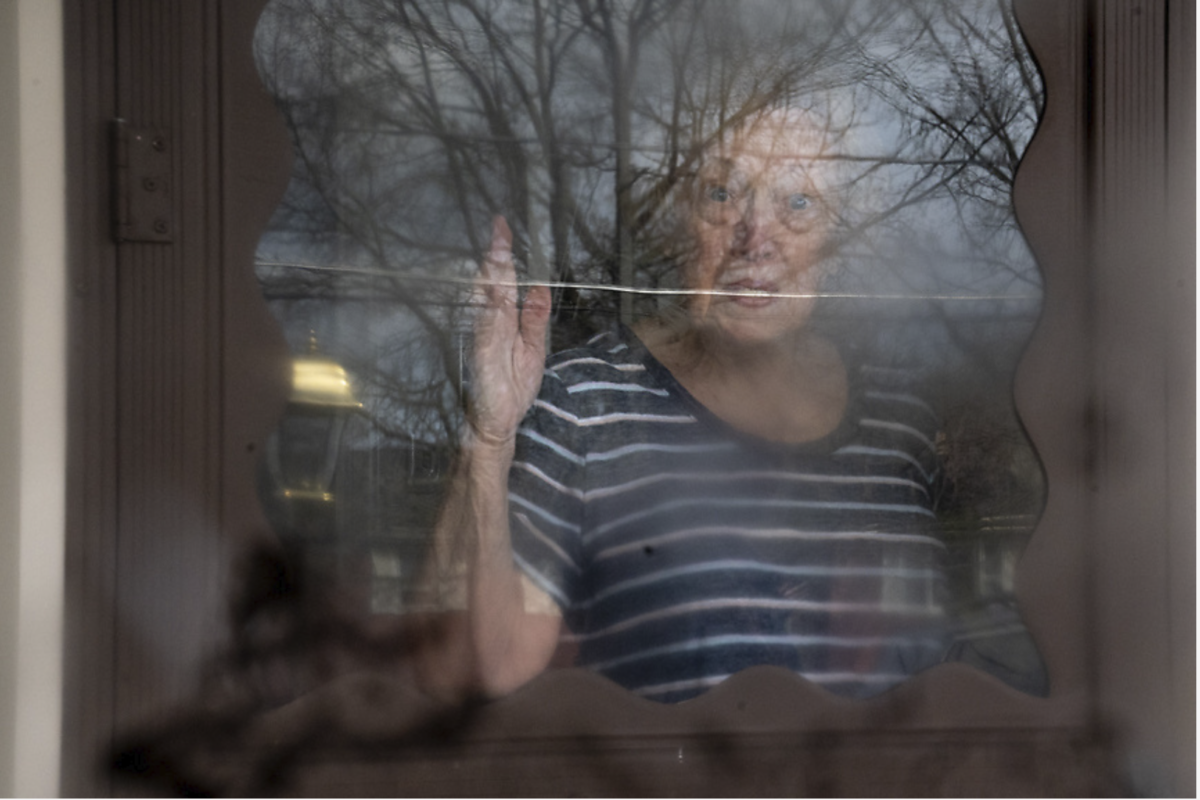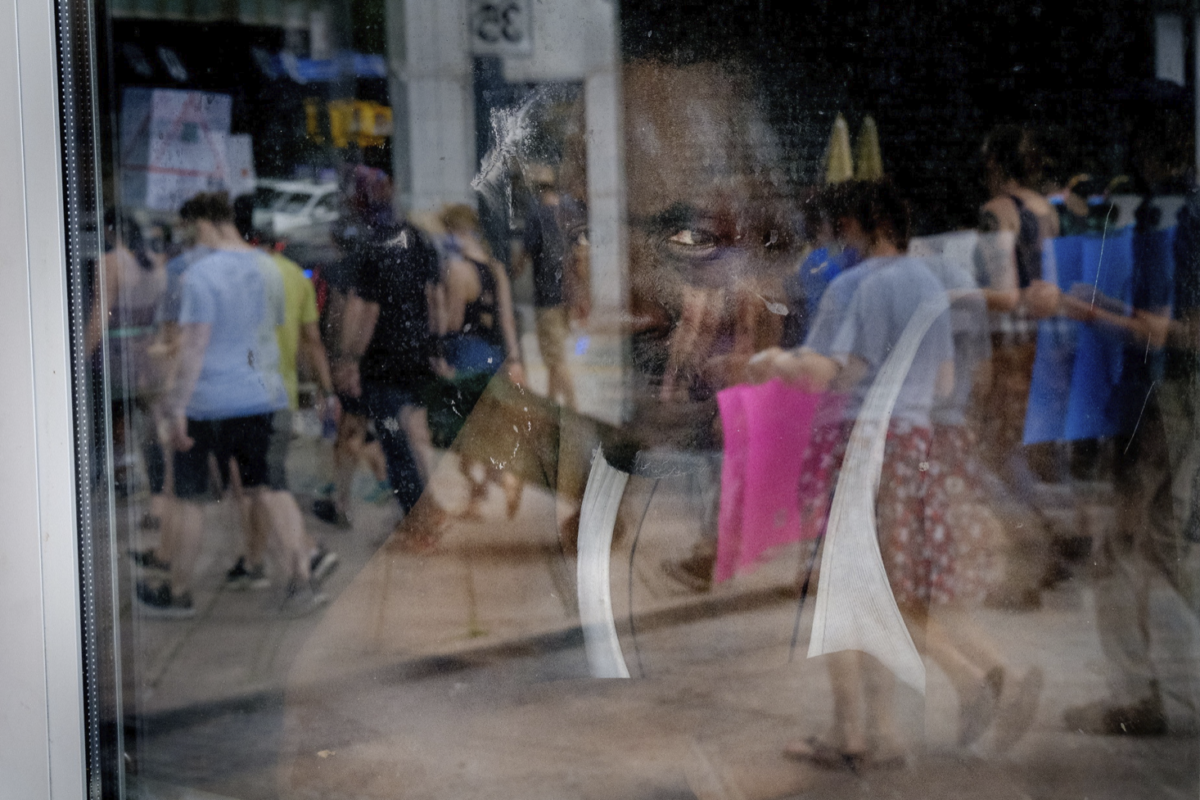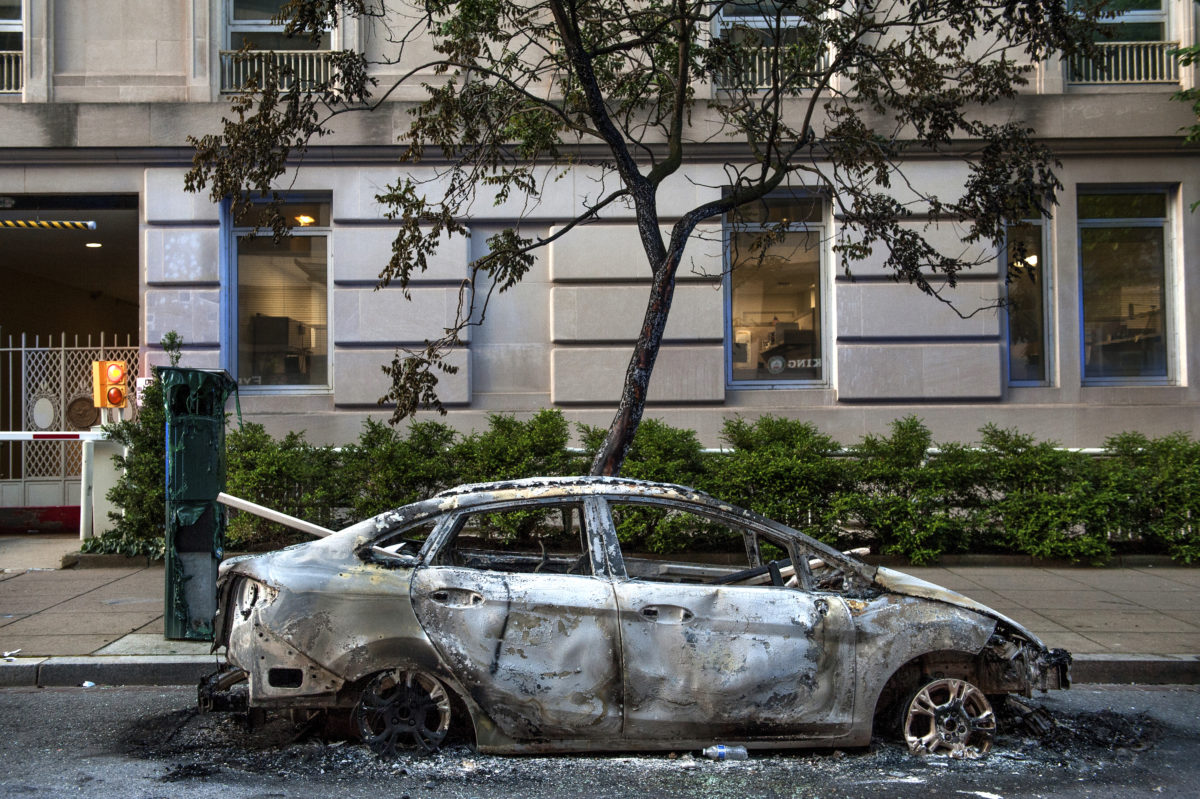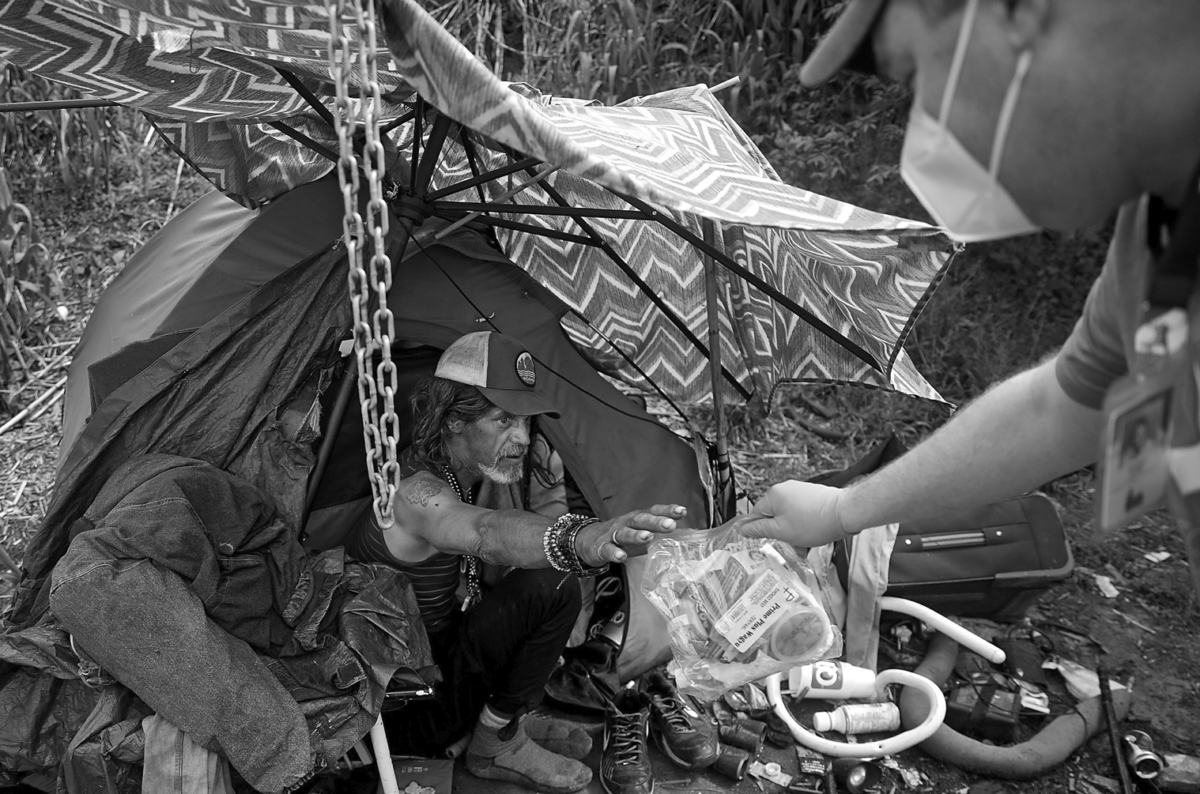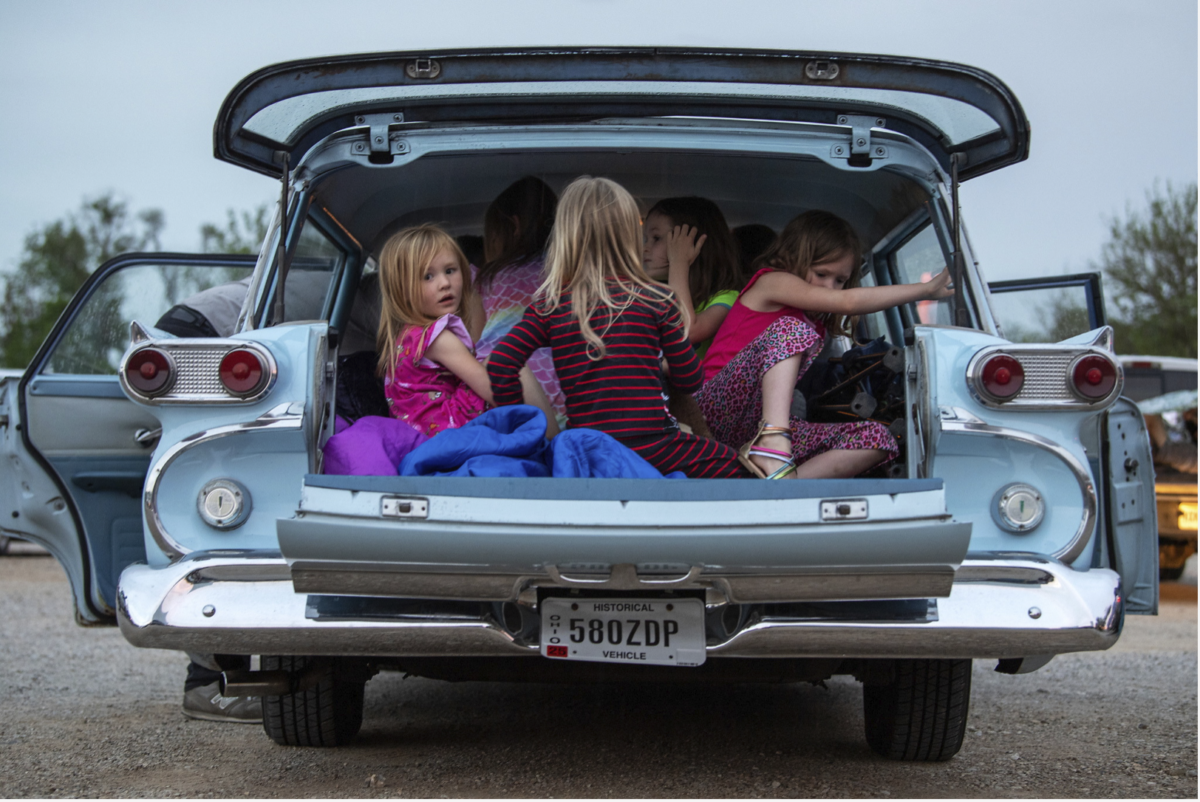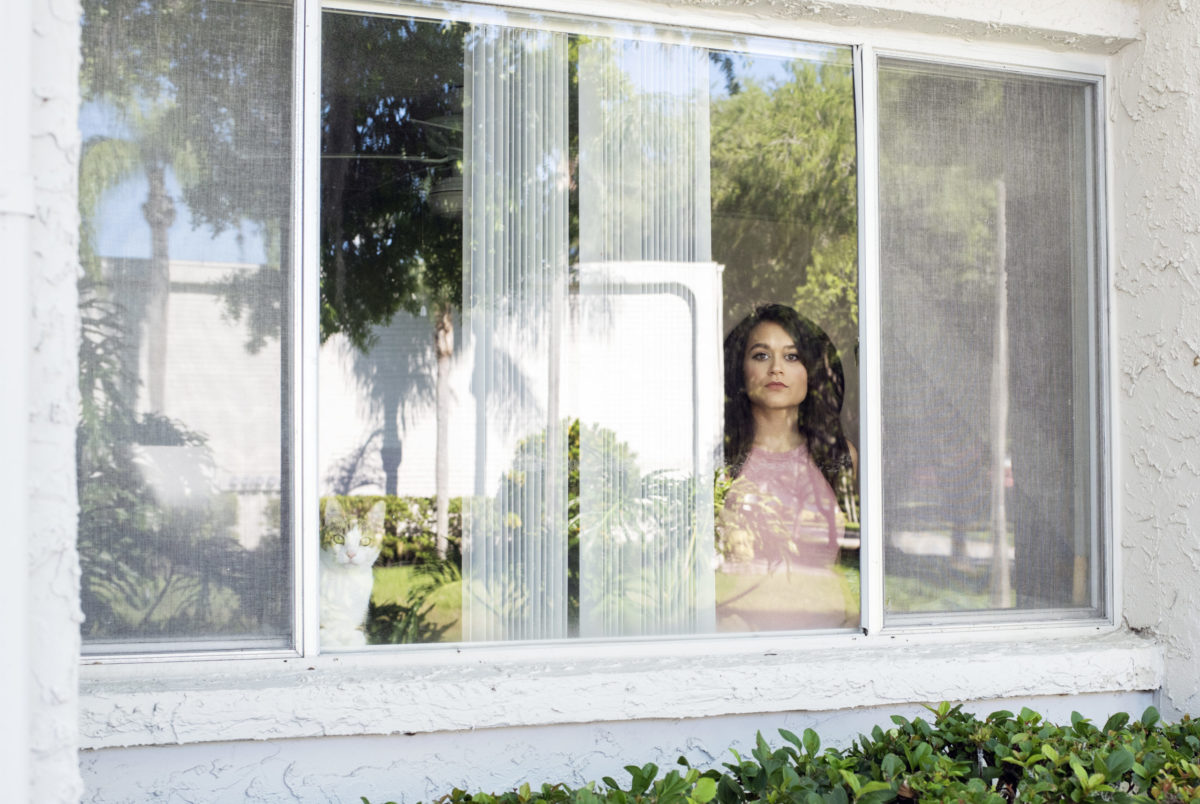A Collaboration Between
Boyd's Station and
American Reportage
ESSAY
DELAYED
Resilience in the face of a Life-Altering Pandemic
Text and Photography by Sam Mallon
The coronavirus pandemic has delayed at least one facet of every person’s life. College students have been faced with a decision to either continue on their degree path with limited opportunities for real-world professional experience and ultimately feel ill-equipped for their professional careers – or hit pause on their education and fall behind their peers.
Maggie Smith, 21, is a junior at Western Kentucky University studying towards a degree in Interdisciplinary Early Childhood Education (IECE). Smith intends to teach preschool in a classroom with both medically fragile and typically developing children. An IECE degree will certify Smith to teach birth to kindergarten-aged children with and without special needs.
“I’ve always been drawn to individuals with disabilities,” Smith said, her mom contends that Smith just always knew that everyone was a little different and never saw a point in changing how she treated people based on those differences.
“I just want to teach kids that and instill that in them right when they get into my classroom, so that they go into the world and eventually if every teacher acts like that, the stigma surrounding disabilities and the disabled community will be completely different,” Smith said, “That’s my goal.”
Traditionally, WKU’s IECE students are required to complete hundreds of hours of observations in classrooms. Due to the pandemic, Smith now observes classrooms via pre-recorded videos, which she feels are inadequate preparation for the real world.
“As an early childhood education major, I am supposed to clock in hundreds of hours per semester of observation and fieldwork,” Smith said, “I’m supposed to be going into schools and observing actual children at play, actual teachers interacting with them and I’m supposed to take notes on that… I haven’t been in a school observing since freshman year.”
Smith’s traditional assignments range from filling out practice ITERS-R score sheets based on classroom observations, a tool frequently used in her career field, to working directly with families with children with disabilities. Coronavirus precautions inhibited her from benefiting from either assignment.
“A lot of the ITERS-R requires that you ask teachers questions… It will ask, exactly how many racially diverse books are there? Exactly how many dolls of different skin colors are there? If you do not see any cots in the room, where are they stored?” Smith said, “Things that I cannot gain from an hour long video following a teacher around a classroom from 2005.” Smith said she doesn’t feel confident in using the ITERS-R, a tool she will need to be familiar with for the rest of her career.
This semester, Smith has been working on another project intended to get students out in the field, though it has been virtually impossible under coronavirus guidelines.
“I’m supposed to be going into the home of a child with a disability and practicing developmental intervention, literally like asking the mother and the family, ‘What do you need help with and how can I help you?’” Smith said, “I was so excited for it, and now I’m doing it with a family that I’ve known for years and there’s nobody with special needs in their house.”
“It’s really sad because I’m not gaining what I could out of this project, I’m not actually learning how to support families with children with disabilities, I’m learning how to talk to a woman I’ve known for three years,” Smith said.
Smith feels like she is “half-assing” all of her work, but with the nature of 2020, she doesn’t know what she could do to make the work feel fully done, she said.
“I missed out on all of it, I got to do a very rudimentary version of it, I was not able to fully complete the task, and that’s just one example,” Smith said, “multiplied by every single class I’ve taken since sophomore year, I’ve missed out on so much. An astronomical amount.”
Smith knows that her education for the past year has suffered because of the pandemic, and she is worried that it will be evident once she is teaching full time.
“COVID has definitely hindered this experience a lot and it makes me really sad because I know that not only does that affect me, but it’s going to affect the families that I teach,” Smith said, “When I get out of college and go into my career, there’s going to be a learning curve… because I was not able to observe.”
Recent graduates from WKU’s IECE program are teaching their first Kindergarten class entirely via zoom, “It’s a mess,” Smith said.
“It just makes me really sad… not only is it sad for the teachers, but it’s even more heartbreaking for the families and the children who are unable to receive the care that they require,” Smith said.
Smith has spent three summers working at Sproutlings Pediatric Daycare, “a medical daycare which serves children with a variety of developmental delays, mental delays and physical delays, as well as typically developing children,” Smith said.
Sproutlings made Smith realize that she wanted to be a teacher for the rest of her life.
“I think that it is something that I was born to do, but at the same time, I’ve become extremely passionate through studying and working in the field,” Smith said.
Making up for a lack of in-person educational experience, Smith started a job as a respite caregiver for Rush Renshaw, a seventeen-year-old with low-functioning Autism Spectrum Disorder.
Rush is non-verbal and almost entirely reliant on care from others because of his disabilities. Smith’s work at Sproutlings prepared her for medical caregiving when it came to small children, but she was scared her experience with Rush would be entirely different.
“Never in my life had I watched somebody who is 17 years old and who cannot do anything for themselves,” Smith said, “I thought that since I has never worked with somebody of that age, it’d be completely different than what I had been trained to do. I was just feeling very unqualified.”
Smith gave herself a pep talk before she worked with Rush for the first time.
“Before I went, I just had to sit there… and I was like, ‘I am qualified. I have more experience than everyone in my major. My professor chose me out of a lot of people to recommend for this,’” Smith said.
Quickly, Smith fell into the swing of things and was once again reaffirmed of her passion for caregiving work.
“As Donna, [Rush’s] mom, was walking me through his routine, I just fell into place and I was just doing it like second nature like I’m working at Sproutlings again, and then I spent a night with him an entire day and an entire night and it was totally fine,” Smith said, “When I got there, I just realized I’m completely qualified for this. This is literally what I’m meant to do.”
Smith has been able to apply skills she learned at Sproutlings and from her classes to her respite work, she said.
“Working with Rush is very similar to working with a four-year-old who has the exact same condition he does,” Smith said, “When I’m working with anyone from three to six, I treat them like I would treat a person my age, I treat them with respect, I treat them as an individual. One of the core foundations of early childhood education is seeing every single child as a capable and competent learner, seeing every child as an individual who knows what’s best for themselves.”
Rush is teaching her, too, Smith said.
“Sometimes it’s hard, you get frustrated,” Smith said, “But working with Rush, I try to allow him the space and the ability to do what he wants to do and to live the way he wants to live because he is a seventeen year old boy.”
Smith is grateful for the opportunity to work with Rush because her passion truly lies in working with people with special needs and she usually only gets that from Sproutlings.
“Now that I’ve done this, I’ll be able to take my experience with respite care and caring for individuals above the age of five who are severely disabled and I will be able to work with them in the future,” Smith said, “I’m really happy that I’m able to do it because it gives me more confidence going into my field, knowing that I’ll be able to help [older] people who really need someone who understands them and is able to work with them. Because I don’t think Rush gets that a lot, and it makes me very sad.”
Through doing respite care and working at Sproutlings, Smith said she has learned the bulk of her knowledge.
“I’ve worked with and learned about, firsthand, way more disabilities and way more nuances in educating children with disabilities than I ever could through a textbook and through a classroom,” Smith said.
Working at Sproutlings has taught Smith how to do gastrostomy tube feedings, how to operate children-sized walkers, and the ability to aid children with a plethora of medical conditions. Nothing surprises, shocks or grosses her out anymore, she said, it’s all just part of the learning process.
“Going into my field, the student side of me is still learning all this information, but I’ve always felt like I’ve experienced enough,” Smith said, “The formal education part of it is just giving me the language to back up what I believe, it’s giving me the little details I needed.”
The pandemic may have limited Smith’s ability to benefit from her classes, but her commitment to working with individuals with special needs has yielded her unique opportunities through which she continues to grow as an educator and as a human being.
“I’m passionate about the fact that differences should be celebrated and I believe that it’s important to teach that to children in their early years, to have them be exposed to people with differences and make sure that they understand that being different is good,” Smith said, “It’s a natural thing, everyone’s different. It’s just that our friends with special needs are different on the outside as well.”
Smith is eager to be a teacher and advocate for there to be more value placed on early childhood education and individualized learning.
“I hate the standardized education system that we live in,” Smith said, “I went into early childhood education because it is individualized. It’s interest-based, it’s not based on standards. It’s not content-based, it’s concept-based… The whole system is messed up, but I’m going in it to hopefully do some good.”
More from the Project
Essay
Aloha Santa
essay
The Villages: Dueling Golf Cart Rallies
Donald Trump is popular in The Villages. This is evident with the amount of people that arrived at Lake Miona Recreation Center to participate in the golf cart parade. There’s not an accurate number for the amount of people who attended the event on September 23rd, but the oversized parking lot was packed to the brim with golf carts.
Essay
Eid-ul-Adha Sacrifice
Muslims in Hawaii celebrate Eid-ul-Adha by sacrificing cattle in the rural countryside – something that is unusual to find in Hawaii’s landscape. While this is a common ritual to find in a Muslim country on the Islamic holiday, it’s unusual in an isolated state like Hawaii.
ESSAY
Anchor Bar & Grill
SPONSOR
The work done by American Reportage and Boyd’s Station would not be possible without the generous support from PhotoShelter, the official provider of both organization’s archive systems – powered PhotoShelter for Brands.
ALL CONTENT ON THIS SITE IS PROTECTED BY UNITED STATES COPYRIGHT LAW
All photographs and text contained within AmericanReportage.com are copyrighted material and are presented for web browser viewing only.
All rights to images, video and text are reserved by the individual creators of the work.
No image or text contained within this site may be modified, published, transmitted, sold, reproduced, distributed, or displayed in whole or in part. without the prior written permission from the photographer or writer and American Reportage.
Using any image as the base for another illustration or graphic content, including photography, is a violation of copyright and intellectual property laws.
Violation of copyright is actively prosecuted.
AMERICA REIMAGINED
PROJECT CURATORS
Charlie Borst
Stephen Crowley
Cathaleen Curtiss
Nikki Kahn
Michael Keating
Molly Roberts

